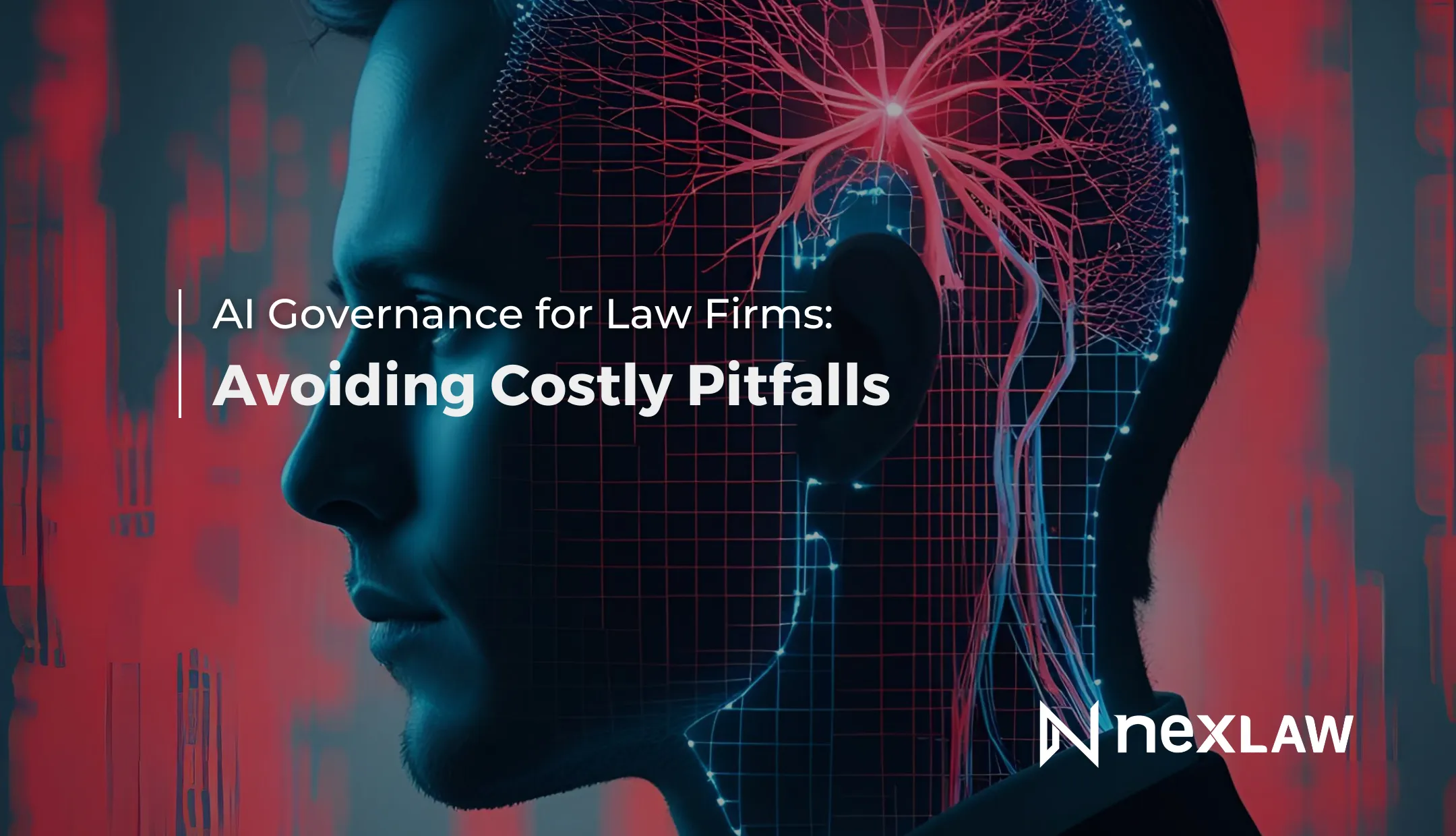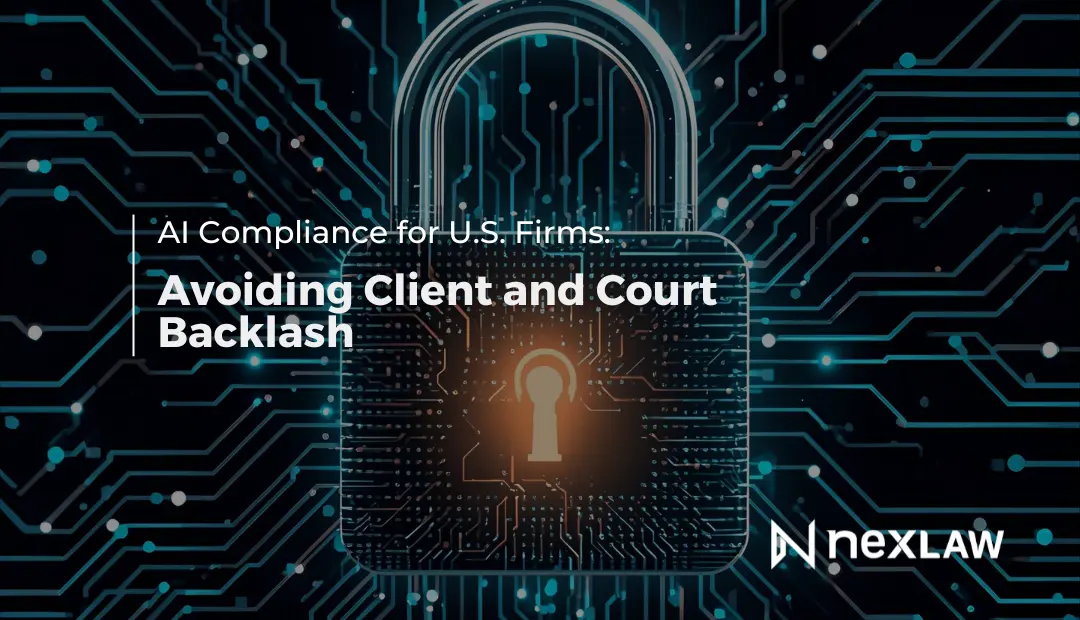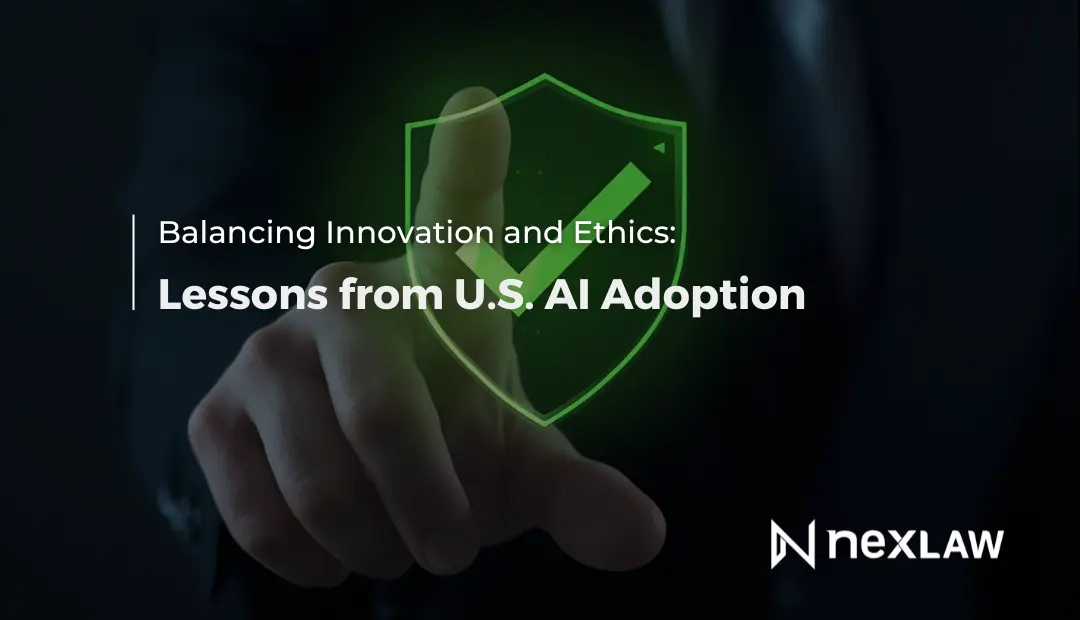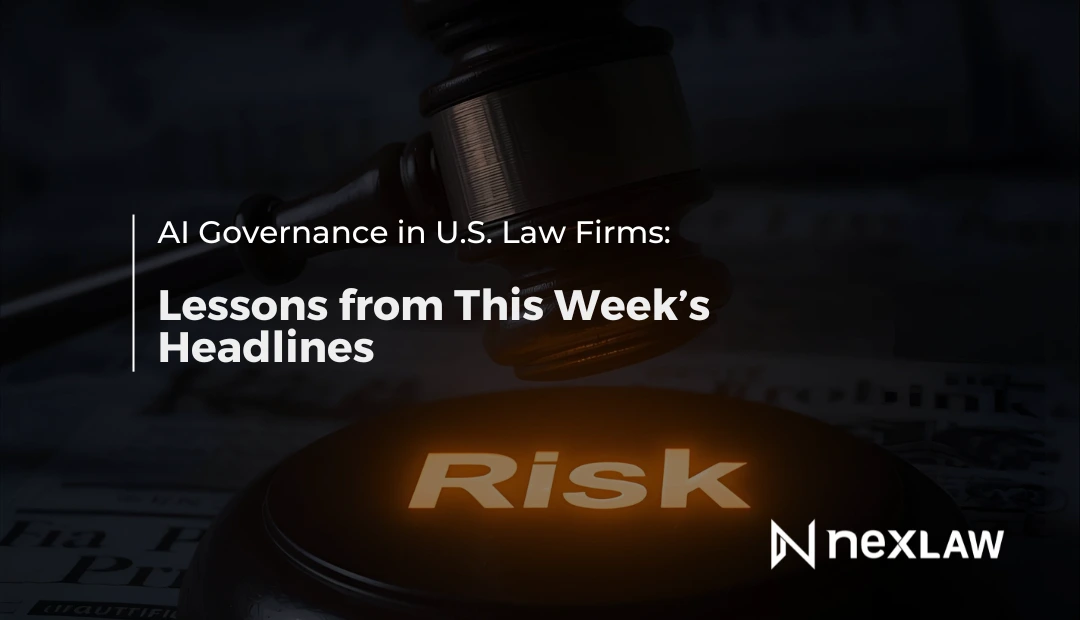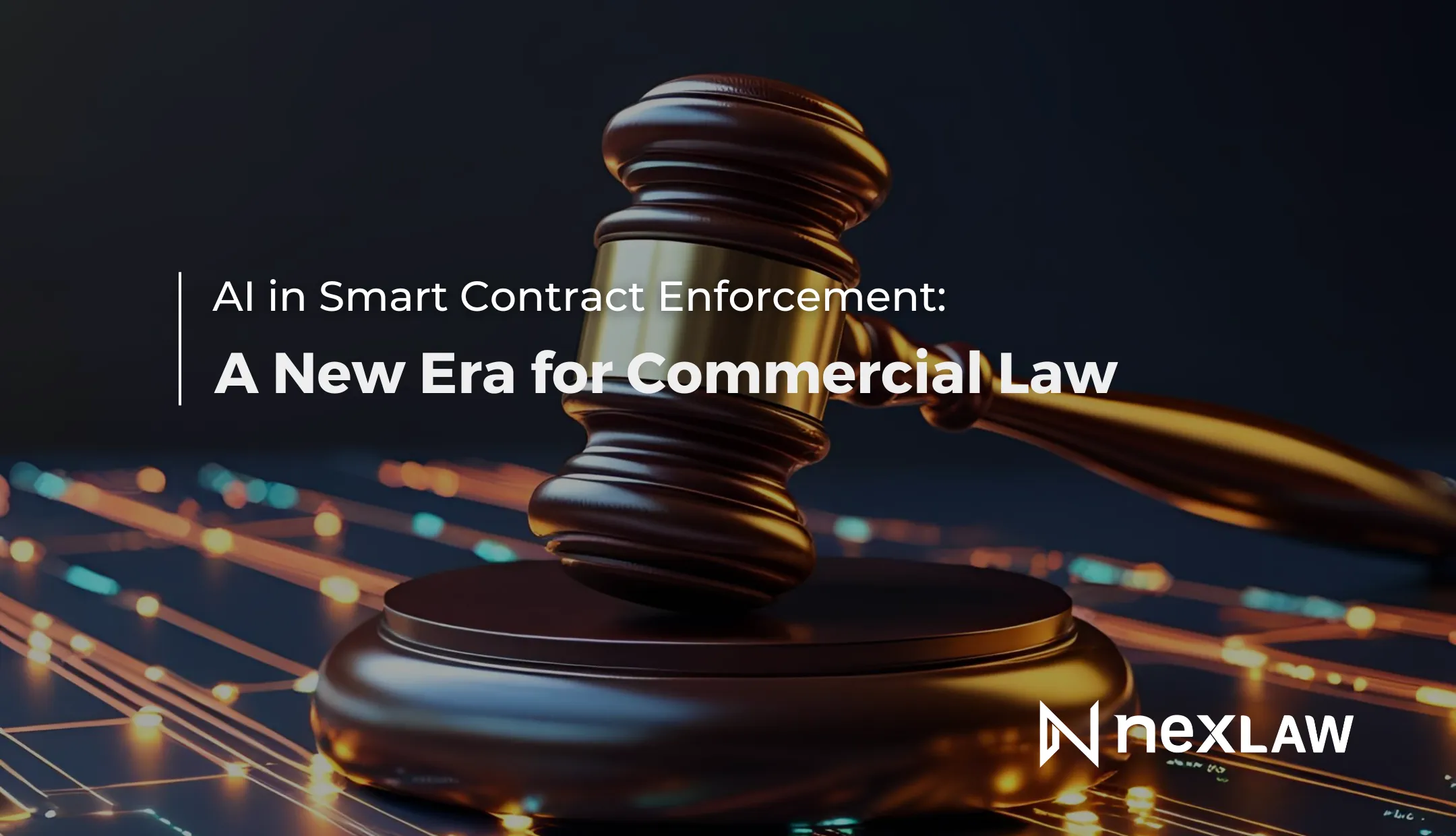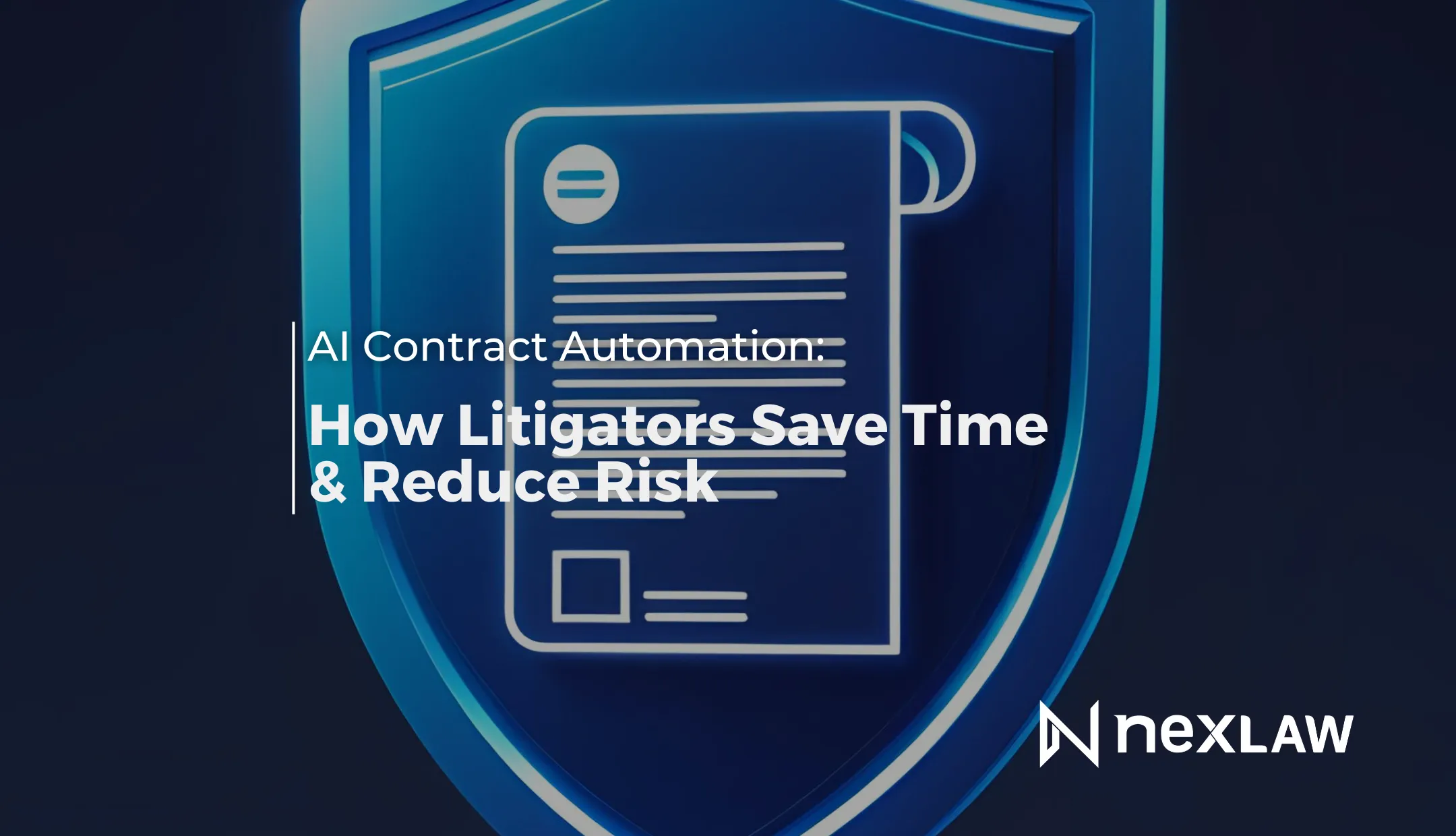AI Governance for Law Firms: Avoiding Costly Pitfalls
With AI usage by law firm professionals skyrocketing 315% from 2023 to 2024, legal practitioners face unprecedented governance challenges that could make or break their practices. Recent industry data reveals that approximately 79% of law firms have integrated AI tools into their workflows, yet only a fraction have implemented comprehensive governance frameworks to prevent costly missteps that have already derailed careers and damaged reputations.
Unlock Legal Insights Instantly
The High-Stakes Reality of Legal AI Implementation
The legal industry’s rapid AI adoption has created a minefield of risks alongside transformative opportunities. According to William Gaus, chief innovation officer at international law firm Troutman Pepper Locke, their staff prompt their AI system Athena about 3,000 times daily, demonstrating how deeply embedded AI has become in legal practice.
However, inadequate governance structures have led to severe professional consequences. In a stark warning to the profession, three Butler Snow LLP attorneys were publicly reprimanded and removed from representing the former commissioner of the Alabama Department of Corrections after submitting fake AI-generated citations in a prisoner case. This high-profile disciplinary action underscores the career-ending risks facing firms without proper AI oversight.
The financial stakes are equally dramatic. Expert predictions suggest that firms implementing effective AI governance frameworks could see productivity gains similar to Troutman Pepper Locke’s recent merger experience, where AI saved $200,000 in time costs during attorney bio updates—a process that previously required six months of manual work.
Critical Governance Framework Components
Data Security and Client Confidentiality
Law firms and legal departments are implementing sophisticated data governance frameworks to ensure client confidentiality when using third-party AI tools. This isn’t just an ethical necessity—it’s a competitive differentiator that clients increasingly demand.
Key security measures include:
- End-to-end encryption for all AI-processed data
- Vendor compliance audits and contractual safeguards
- Air-gapped systems for sensitive client information
- Regular security assessments and penetration testing
Bias Detection and Mitigation Protocols
As legal AI systems learn from historical data, they risk perpetuating existing biases in the legal system. Forward-thinking organizations are implementing monitoring and testing protocols to identify and mitigate these issues. According to industry experts, this isn’t just about fairness—it’s about achieving better results and reducing litigation exposure.
Effective bias mitigation strategies:
- Regular algorithmic auditing by independent third parties
- Diverse training datasets and ongoing model validation
- Human oversight requirements for high-stakes decisions
- Documentation of AI decision-making processes for transparency
Professional Responsibility Compliance
With 67% of corporate counsel expecting their law firms to use cutting-edge technology, including generative AI, firms must balance client expectations with ethical obligations under Model Rules of Professional Conduct. The Illinois Supreme Court’s January 1, 2026 AI policy provides guidance on maintaining professional standards while leveraging AI capabilities.
Core compliance requirements:
- Competency in AI technology use (Rule 1.1)
- Reasonable supervision of AI-generated work (Rule 5.1)
- Client confidentiality protection (Rule 1.6)
- Candor toward tribunals regarding AI assistance (Rule 3.3)
Learning from Industry-Leading Implementations
Major firms are developing comprehensive AI policies that have proven successful in high-stakes environments. Troutman Pepper Locke’s Athena system demonstrates how proper governance enables transformative results while maintaining professional standards.
Proven governance components include:
- Authentication and Verification Protocols: All AI-generated content undergoes mandatory human review and fact-checking
- Training and Competency Standards: Law schools are integrating generative AI training for junior lawyers, creating a pipeline of AI-literate professionals
- Client Disclosure Requirements: Transparent communication about AI usage builds trust and meets ethical obligations
- Incident Response Procedures: Clear protocols for addressing AI-related errors minimize damage and demonstrate due diligence
The Financial Imperative for AI Governance
Effective AI governance isn’t just risk mitigation—it’s a revenue driver. With 51% of legal professionals recognizing AI as the most transformative force for their industry over the next five years, firms without proper governance frameworks risk being left behind in an increasingly competitive market.
Revenue impact data shows:
- 85% of lawyers using generative AI daily or weekly report enhanced workflow efficiency
- Firms using AI for e-discovery and document review reduce associate time from 16 hours to 3-4 minutes on high-volume matters
- 82% of AI users report increased overall efficiency, allowing focus on higher-value strategic work
Competitive Advantage Through Governance
As Dennis Kennedy, Director of the Center for Law, Technology & Innovation at Michigan State University, predicts: “The real battle for the future of legal services will happen in the middle market in 2026, not in BigLaw, as corporate clients demand AI-driven efficiency.”
Firms with robust governance frameworks will capture this demand while avoiding the pitfalls that have already claimed careers and client relationships.
Implementing Your AI Governance Strategy
Start with Low-Risk Applications
Following Troutman Pepper Locke’s successful model, begin AI implementation with backend administrative tasks. As Gaus notes, these applications are ideal starting points because they’re low-risk environments for testing governance protocols while delivering immediate value.
Establish Comprehensive Policies Before Implementation
Develop written policies covering AI usage parameters, data handling procedures, client disclosure requirements, and quality control measures before deploying any AI tools. The Illinois Supreme Court’s AI policy serves as a valuable framework for developing firm-specific guidelines.
Create Ongoing Review Processes
Implement regular audits to assess AI performance, identify potential issues, and update governance frameworks as technology evolves. With 75% of survey respondents expecting to change their talent strategies within two years in response to GenAI advancements, adaptive governance is essential.
Protect Your Practice with Advanced AI Governance
AI is transforming legal practice, but without the right safeguards, it can put your reputation at risk. Recent incidents, like the public reprimand of Butler Snow attorneys, highlight the urgent need for proper AI governance.
NexLaw, provides built-in protections to help your firm stay compliant and secure:
- Enterprise-grade security and data privacy controls
- Transparent AI processes with traceable logic
- Audit trails and bias detection to support ethical, defensible outcomes
Firms serious about AI governance need more than checklists—they need systems designed for legal accountability.
Book a Demo – See how NexLaw helps firms implement responsible AI frameworks
Explore Plans – Includes a free 3-day trial to test NexLaw’s compliance-ready platform
GET 15% OFF for annual plan using promo code: ANNIV15MONTHLY or ANNIV15ANNUALY *t&c applied | visit our website for more details
